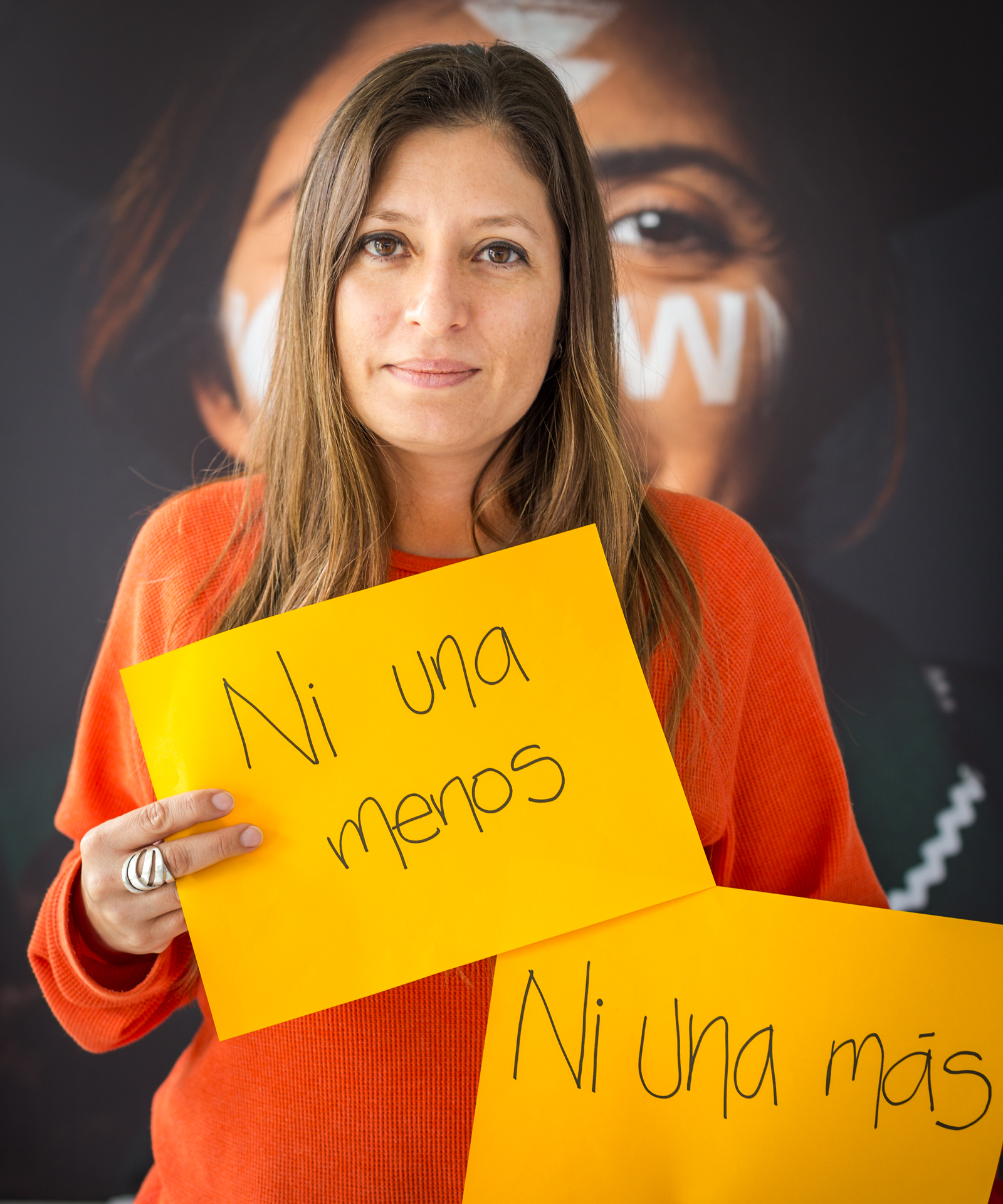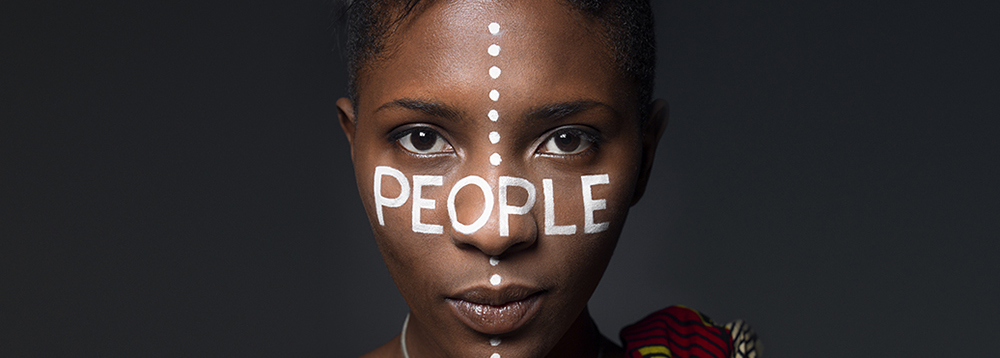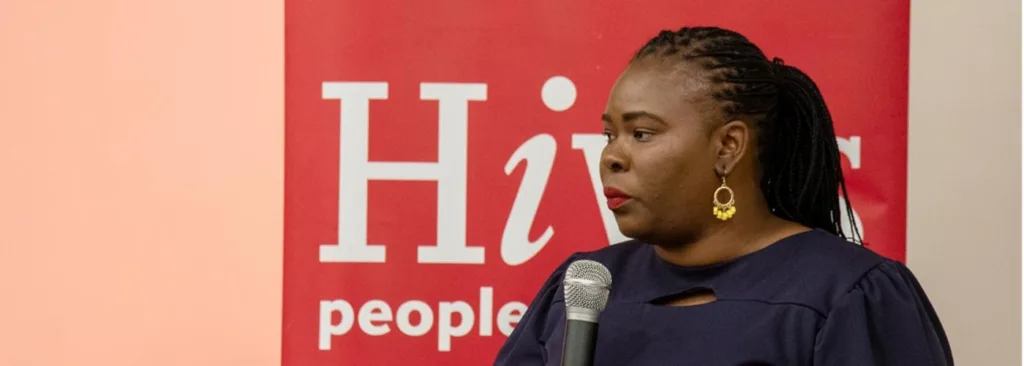Latin America is suffering from an epidemic. It seems very contagious, but it does not affect the entire population equally. Neither water nor air borne – it is basically unpredictable. We are talking about violence against women, a widespread problem that is not new, but only very recently becoming visible.
According to the UN, one out of every three women experience physical or sexual violence in the world. The study explains further, “Some national studies show that up to 70 per cent of women have experienced physical and/or sexual violence from an intimate partner in their lifetime”.
“Women who have been physically or sexually abused by their partners are more than twice as likely to have an abortion, almost twice as likely to experience depression, and in some regions, 1.5 times more likely to acquire HIV, as compared to women who have not experienced partner violence”, the UN says.
Even after reading all these depressing numbers, Hivos Latin America still sees the glass half full. We are motivated by the strong voices of our partners, by women who live with HIV and at the same time advocate for positive political action and participate in groundbreaking activist spaces in 18 Latin American countries. These are the women who work within our ‘Women, HIV and Human Rights’ project coordinated by our allies from ICW Latina.
We at Hivos feel a deep connection with the powerful presence of trans women who not only deal with violence personally, but also struggle to gain political ground in Guatemala and Costa Rica while working to prevent the expansion of HIV in their country. They work along with us in the ‘Costa Rica HIV’ and ‘Guatemala HIV’ country projects.
Even if we were not there every step of the way, we have had the honor of being there at the beginning and then at the 20-year celebration of tireless efforts by the Network of Female Sex Workers in Latin America (RedTraSex). Ending violence against women and recognizing sex workers’ labor rights are just some of the milestones they have been working hard for all these years.
We absorb fresh ideas from young people in the Caribbean region, Honduras and Bolivia who work with Rutgers for the defense of their reproductive and sexual rights through the “Right Here, Right Now” platforms. For them, struggling against gender-based violence is fundamental. We support these efforts along with the Latin American and Caribbean Women Health Network (LACWHN).
Our inspiration also comes from the new Human Rights Central American Program that we manage for the Dutch Embassy in Central America. With this program we aim to protect, empower and inform human rights defenders, among others, and women activists, frontrunners and infomediaries. Many of them have been partners before, and we look forward to exchanging ideas and interests, and learning from them once more.
After all, working for women’s empowerment means that we bet on structural change. With every step we take – whether within our Renewable Energy initiatives with our Ingenious Women Contest, the Sustainable Agriculture Food and Environment (SAFE) Platform or the Conexion Fund in Bolivia – we strive for women to be in charge of their bodies and to make their own political and social decisions.
Latin America is indeed a rapidly changing scene with a complicated backdrop. But in the midst of an uncertain future, we know we will always condemn gender-based violence and uphold women’s empowerment. The power of women united is what will end this epidemic.
Photo: Angel Damian Reyes for Hivos
Read this post in Spanish.




